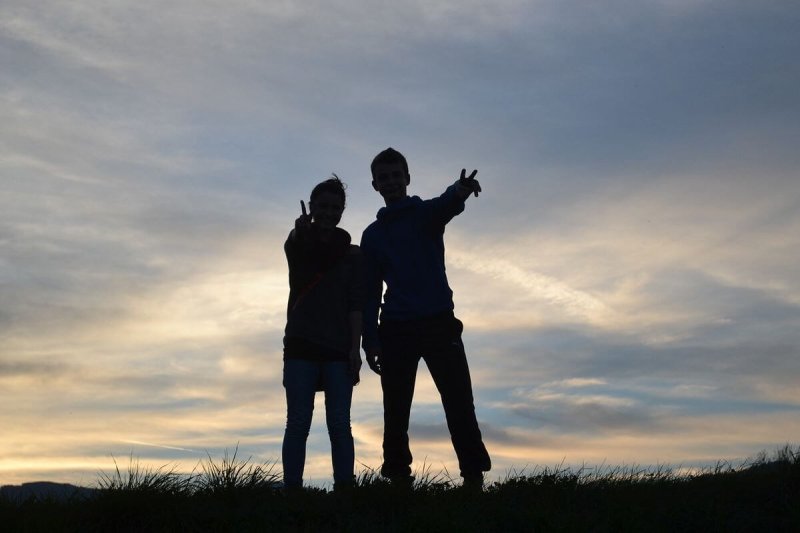We humans are biologically built to seek friends, and we can see suggestions of our evolutionary past in the social behavior of some animals.
In “Friendship: The Evolution, Biology, and Extraordinary Power of Life’s Fundamental Bond,” journalist Lydia Denworth explores the science behind friendship. In an accessible and enlightening style, she takes us with her on her journeys to primatology research sites in Puerto Rico and Kenya, and to cutting-edge biology and neuroscience laboratories in the United States. She discovers that female baboons in Kenya who establish stable social bonds with friends and kin have more babies and live longer.
…
In a human study, researchers drew on a group of graduate students connected by social networks. They put each of the 42 participants into a brain scanner (an fMRI machine) and had them watch video clips. The scientists discovered that they “could predict which participants were good friends and which were not by matching up the way their brains perceived and responded to the world around them.” The findings suggested that friends’ neurons fire more similarly than the neurons of more distant acquaintances.
…
Embrace friendship, invest in it, work at it, [Denworth] urges. Your life will be the better for it.































